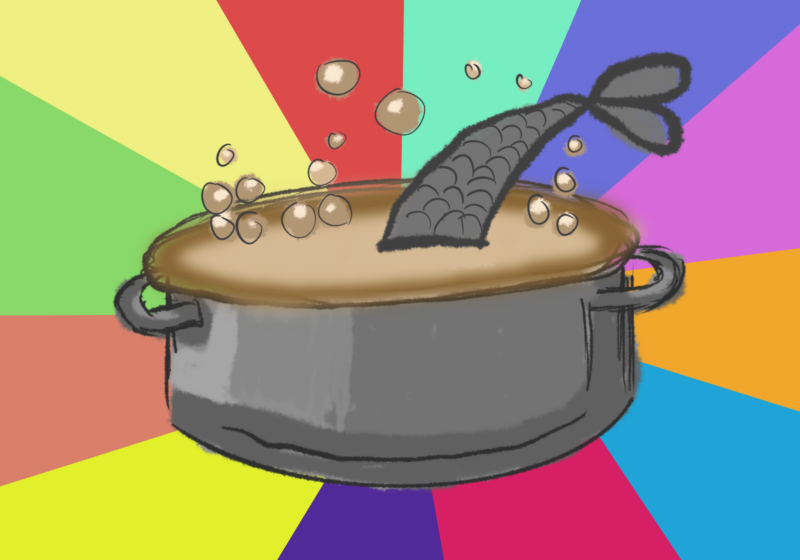Among those who are tried on drug-related charges in Brooklyn?s Supreme Court, Yitzchak Fried is not a regular. Nevertheless, the 52-year-old Orthodox rabbi was brought before Judge Plummer E. Lott on charges of selling seven ounces of marijuana to a police informant.
The rabbi, who has had a history of trying to help heroin junkies quit, is seeking a mitigation of his sentence on grounds that he was selling marijuana for medicinal purposes. The case is yet another reminder of the need for reform of drug laws concerning marijuana.
There are no compelling reasons not to legalize marijuana. Other substances such as cigarettes and alcohol are legal. Marijuana has not been proven to be physically addictive, unlike nicotine, alcohol and even caffeine. Nor has it been proven to have any long-term harmful effects.
There has never been a recorded case of a fatal marijuana overdose. In fact, the effects of marijuana are often comparable to those of alcohol, but not as harmful as excessive, long-term alcohol consumption.
Claims that marijuana is a ?gateway drug? to harder drugs such as heroin and cocaine are not well-founded and are often based on easily misinterpreted statistics. In fact, keeping marijuana illegal is the only reason the plant could be considered a gateway drug, as users are introduced to drug dealers who may have access to harder drugs.
Marijuana has also been found to have medicinal value. It is used to control nausea for cancer and AIDS patients and to relieve intra-ocular pressure in glaucoma patients, as well as to treat people suffering from multiple sclerosis, epilepsy and paraplegia. But despite the fact that it helps alleviate these patients? suffering, most states outlaw medicinal use. It is extremely unfair to punish the sick for therapeutic use of a drug that should not be illegal in the first place.
Legalizing marijuana would alleviate some of the risks involved with its unregulated use. Legalization would greatly decrease the likelihood that people will accidentally use marijuana laced with more harmful substances and make it less accessible to young children or teenagers.
It is often easier for adolescents to get marijuana than it is for them to buy beer, because buying alcohol requires someone over 21 years of age, while marijuana, which is illegal and therefore unregulated, has no such barriers to teenage use.
Marijuana use is a matter of personal choice and is less harmful than alcohol or cigarettes. The government should not interfere when adults choose to use it. It should be kept out of the hands of minors, as with other legal drugs.
Legalizing marijuana would eliminate many of the problems associated with its use, such as its accessibility for minors and its unfairly severe legal penalties. As long as marijuana remains illegal, these problems will persist. Ending the prohibition of marijuana is the only solution.




